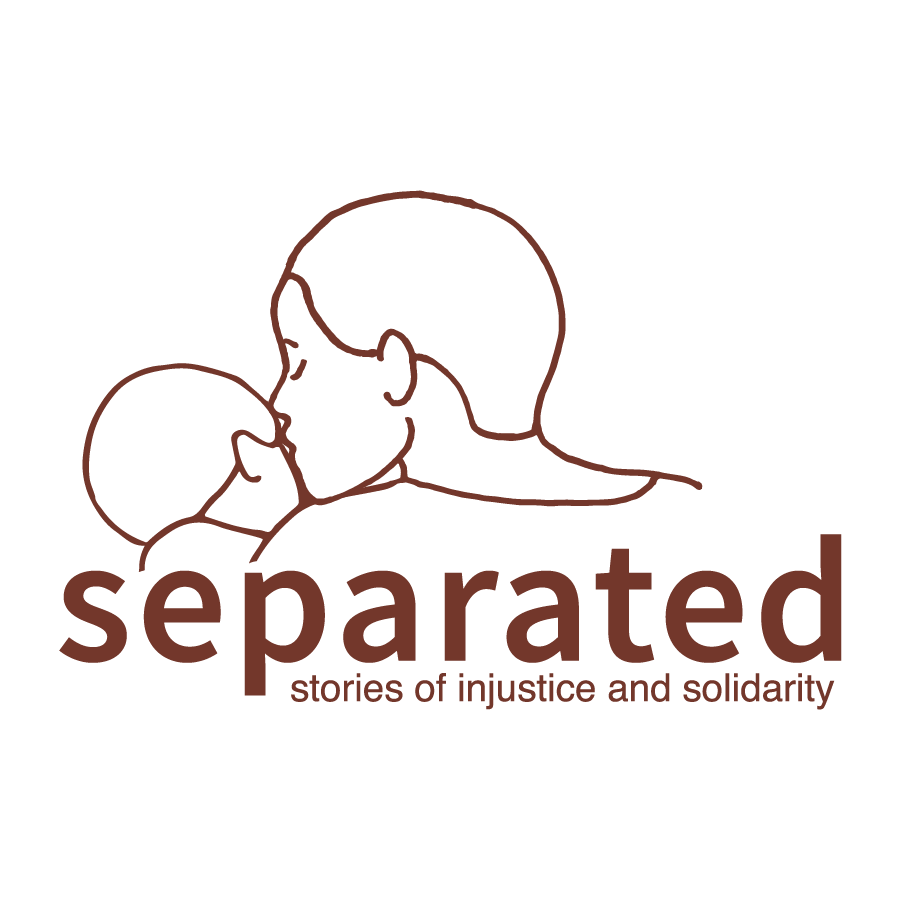Applied Oral History
Beyond the Archive
Separated uses applied oral history to document the experiences of people impacted by family separation. The term was coined and developed by oral historian Fanny Julissa García, and is influenced by the oral history for social change practice championed by Groundswell and researchers such as Alisa del Tufo, Virginia Espino, Gabriel Solis, and many others. Applied oral history seeks to first and foremost serve the community contributing their life histories and experiences, and to raise consciousness and contribute to policy change aimed at social justice and equity. Applied oral history asks how can oral history be applied to policy and advocacy efforts on behalf of individuals and people impacted by injustice? How can oral history serve a practical purpose in society and people’s lives?
In applied oral history, the main goal is not for the research to serve the archive but instead, for the research to serve people. It investigates how injustice is experienced by the people who lived it, centers self-determination, challenges stories of deficit and victimization, and promotes the exploration of complex life histories where joy, anger, and agency also exist. Applied oral history also works to advance efforts to democratize and diversify community projects, institutional archives, and policy and advocacy efforts.
Using applied oral history as methodology allows us to center the project on the following commitments:
To engage in respectful and prolonged relationship building with individuals who have experienced state-inflicted violence and family separation.
To provide opportunities for participation that will foster choice-making as it pertains to the collection, dissemination, and interpretation of one’s own story.
To activate and apply oral histories towards interventions in other fields such as policy change, advocacy, journalism, community organizing, education, and more.
To center the project’s foundation in a culturally respectful, trauma-informed, and healing-centered blueprint that listens to and adapts with the needs of the narrator.
To serve as a pro-active partner in the call for justice, restitution and accountability on behalf of the people harmed by family separation.
To connect present violence of forced family separation with other similar forms of state-inflicted violence and family separation documented throughout history.

